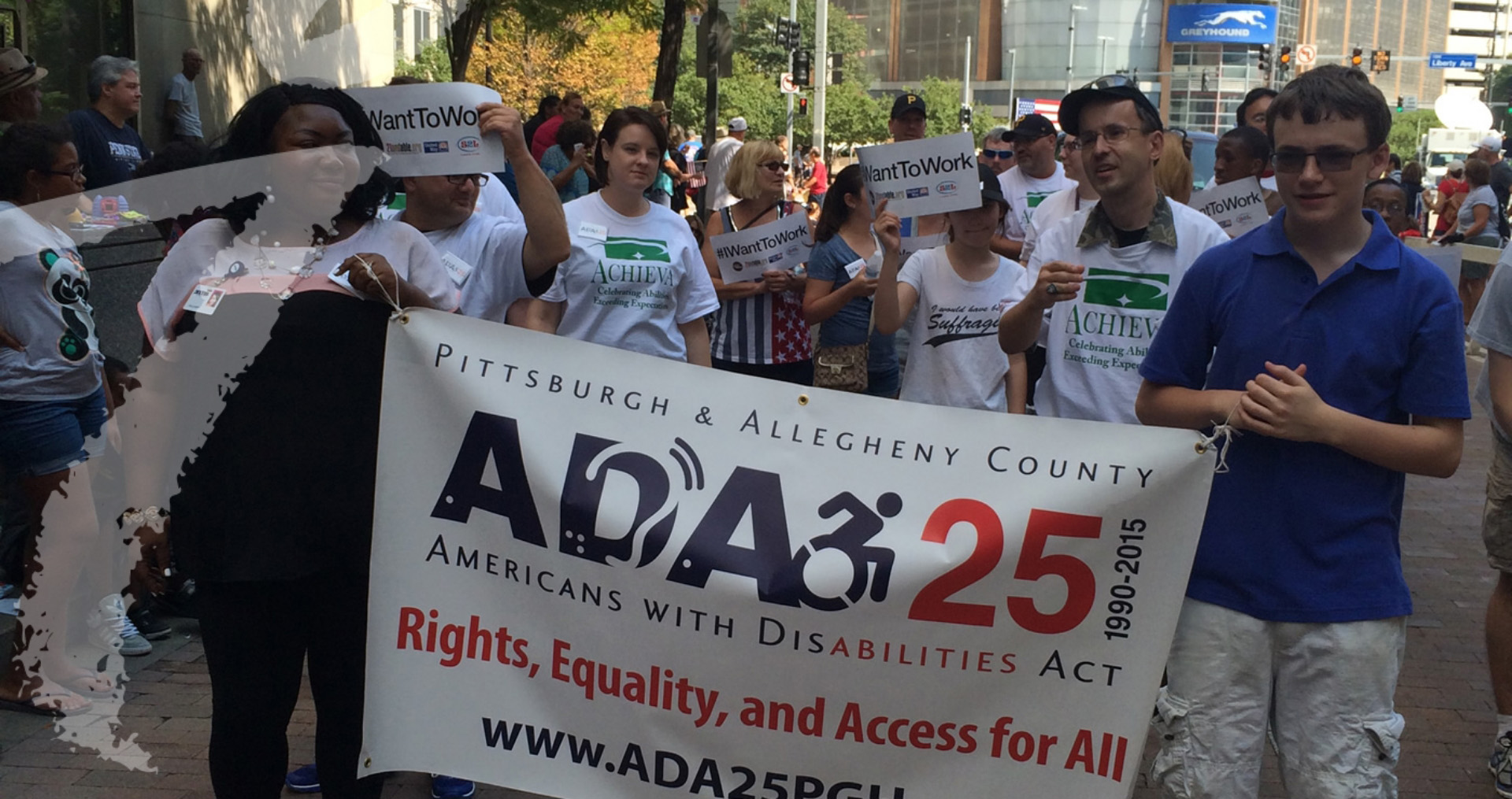In recent weeks, we’ve collectively witnessed the senseless killings of George Floyd (over a disputed $20 bill) and Ahmaud Arbery (jogging in broad daylight) and learned about the murder of Breonna Taylor (in her own apartment). Since the first viral video of police in Los Angeles beating Rodney King in 1991, we’ve shared too many incidents of brutality against black and brown men and women. While cell phone videos have brought the reality of racist violence to the attention of white Americans, these last 30 years are a small fraction of the deep history of brutality against people of color dating back to slavery.
In FISA Foundation’s work to improve the lives of women, girls, and people with disabilities, we are committed to specifically addressing the intersection of systemic racism with discrimination based on gender and disability. Racism and injustice plague our community, at least as much as anywhere else. Last fall Pittsburgh’s Inequality Across Gender and Race report brought it home, illustrating that the quality of life for Black women and men in Pittsburgh is lower than most comparable cities in health, education, work and economic opportunities. One of the many specific findings was that Pittsburgh’s public schools refer more students to police than 95 percent of school districts in similar cities. Over-policing of people of color starts in childhood, and is often in response to minor, nonviolent offenses. This needs to change. It starts with a reexamination of the role of police in our communities, beyond focusing on the behavior of individual officers.
This pervasive injustice has created an unfathomable ocean of pain and anger.
Every single positive change that has made the world fairer or more just has been fought for, tirelessly, by people who courageously told the truth and who refused to be silent on issues that are being ignored. Protest is a manifestation of anger but also of love, of insisting that we be better and do better. FISA Foundation stands with the protesters who are using their voices to keep the painful manifestations of racism in the center of community conversation. We need to listen to them, to feel angry at the injustices, and to challenge and change the policies, practices and attitudes that discriminate.

